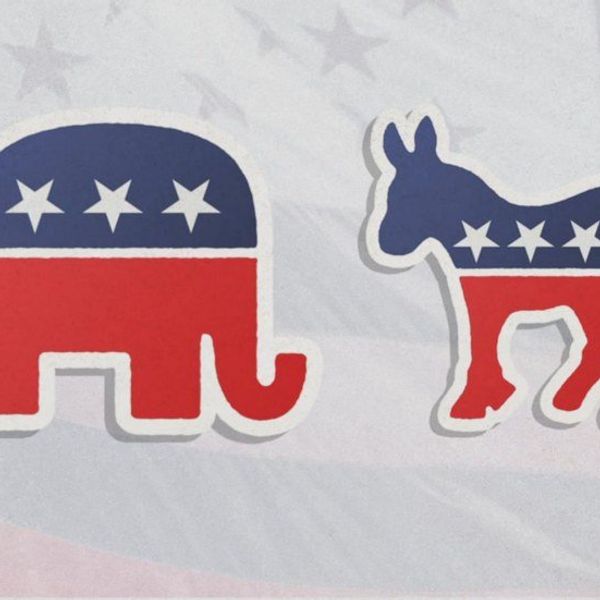Long lines, possible election fraud, and what most believe to be voter suppression, all outcomes of what gave away at the Arizona primary. In the 2012 election, the Maricopa County of Arizona, which “has a non-white majority and is a democratic island in the otherwise Republican county,” had over 200 polling stations, this year, there were only 60 open voting stations. This would leave the Maricopa county one polling station for every 21,000 voters. Arizonians were lined up for almost five hours at some polling stations and many voters were turned away.
How could this happen? The Washington Post is calling “Arizona a warning to the nation,” and rightly so. The threat which Arizona has posed to its voters by not providing enough polling stations, running out of ballots, misidentifying voters and disregarding thousands of votes completely without any form of repercussions is astounding. The lack of consequences for the Secretary of State, who serves as the Chief Election officer, has not been overlooked. Mayor Greg Stanton of Phoenix, Arizona has called for a federal investigation to discover how things went as wrong as they did. Stanton believes that polling stations were set up in predominantly white neighborhoods and with one polling station for every 21,000 voters, the “poor voters just couldn’t afford to wait.”
What happened in Arizona and what could quite possibly happen in the upcoming primaries can all be linked back to the Voting Rights Act of 1965, which was overturned by the Supreme Court in 2013. The V.R.A was “aimed to overcome legal barriers at state and local levels that prevented the African-American community from exercising their right to vote.” “The act banned the use of literacy tests, providing for federal oversight of voter registration in areas where less than 50 percent of the non-white population had not registered to vote.” It was one of the greatest pieces of legislation drawn by the Johnson administration, which was signed in the presence of legendary Civil Rights activist, Martin Luther King Jr. So it came as a heavy blow to the activist community when the Supreme Court won in its decision to disregard the V.R.A. with a 5-4 majority. Chief Justice Roberts, who was a part of the majority, believed that humanity had made enough progress that the V.R.A was no longer necessary. “The Brennan Center reports that in the near future at least 16 states will have new voting restrictions in place for the first time in a presidential election.” The state of Arizona and its recent presidential primary serves as a valid argument as to why the V.R.A. was so important. The United States government must look at the outcomes of this particular presidential primary as a warning unless they seek to repeat the same mistakes.





















